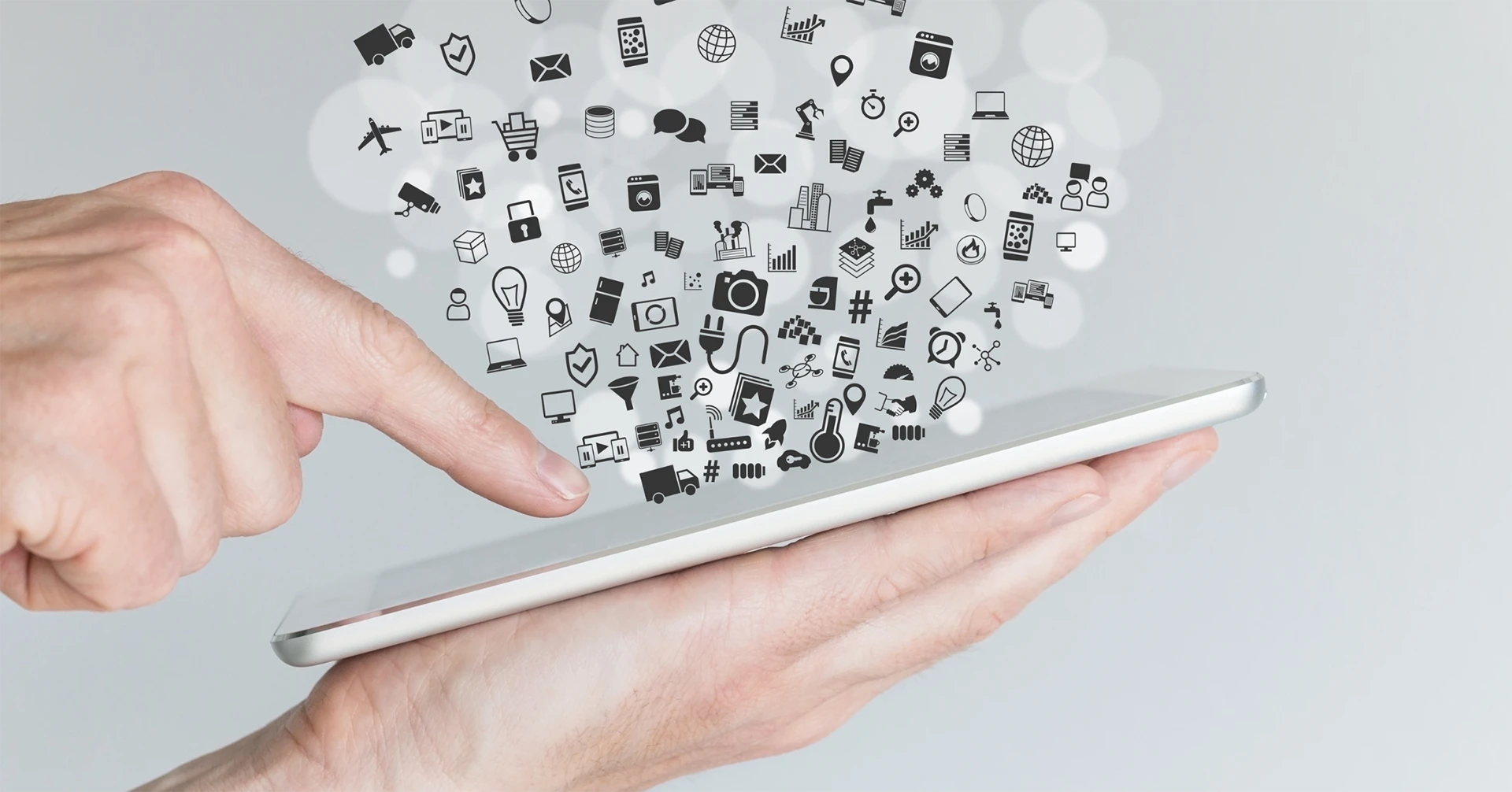
In recent years, we have seen an incredible shift in how we work. The advent of digital technology has revolutionized every aspect of our lives, from how we communicate to how we shop and even how we work.
The future of work is now closely linked to digital transformation. Digital transformation refers to integrating digital technology into all business areas, leading to fundamental changes in how companies operate and deliver value to customers. The impact of digital transformation on the future of work is enormous, and businesses must embrace it if they want to stay competitive in the global marketplace.
One of the biggest changes generated by digital transformation is how traditional office-based work is being replaced by remote work. Companies can now hire the best talent from anywhere in the world, regardless of their location, allowing organizations to access a larger pool of candidates, while increasing the likelihood of finding the right fit for a role.
Remote work has increased productivity as employees have greater flexibility and autonomy to manage their time and work. With reduced commuting time and fewer distractions, remote workers focus better and accomplish tasks more efficiently. The reduced need for a physical office also results in company cost savings such as rent, utilities, and other overhead expenses. With the ability to work from anywhere, employees have more control over their schedules, can better manage their personal and professional commitments, and enjoy greater flexibility and work-life balance. Reduced stress levels and improved job satisfaction ultimately lead to better company retention rates.
Embracing this trend can give organizations a competitive edge in the fast-paced digital age.

Digital transformation has ushered in the era of automation, where machines and software are increasingly taking over tasks that humans once performed. This shift toward automation is transforming the future of work in significant ways. From customer service to manufacturing and logistics, automation has the potential to improve efficiency, reduce costs, and improve accuracy in a wide range of industries.
One of the key advantages of automation is its significant increase in efficiency. Automated systems can work around the clock without needing breaks or rest, reducing the time required to complete tasks. It also reduces the likelihood of errors and mistakes, improving accuracy.
By automating routine tasks, companies can reduce the need for manual labor, hence lowering employment costs. Automated systems can reduce material wastage, improve supply chain efficiency, and optimize manufacturing processes, leading to significant cost savings.
However, the increased use of automation also raises concerns about job loss and the resulting need for reskilling and upskilling workers. As machines and software continue to take over more tasks, workers must develop new skills to adapt to the changing job market. Companies must invest in training and development programs to equip employees with the skills to work effectively with machines.

Artificial intelligence (AI) is also a way digital transformation is changing the future of work. AI uses machines to perform tasks normally requiring human intelligence, such as decision-making and problem-solving. AI is already transforming industries such as healthcare, finance, and manufacturing and has the potential to revolutionize many others.
One of the key benefits of AI is that it can process vast amounts of data much faster and more accurately than humans, making it a valuable tool for industries that require processing large volumes of data, such as financial institutions. AI also has the potential to improve decision-making processes by identifying patterns and trends that humans may not detect.
However, the increased use of AI also raises concerns about ethics, privacy, and the need for human oversight. AI systems are created by humans with biases and biased data can result in biased decision-making. Companies need to ensure that they are collecting and using data ethically and transparently and that AI is being used to benefit all of society.
The use of AI also raises privacy concerns. With the increased use of AI systems that require access to personal data, it is essential to ensure that data is collected, processed, and used responsibly and ethically. It also raises concerns about the need for human oversight. As AI systems become more complex and are entrusted with making increasingly important decisions, it is essential to have human supervision to ensure that it is being used appropriately and to prevent unintentional consequences.

The Internet of Things (IoT) refers to a network of connected devices communicating with each other and other systems through the internet. This technology can potentially revolutionize many industries, including healthcare, manufacturing, and logistics.
In healthcare, IoT can be used to monitor patients remotely, reducing the need for hospital visits and allowing patients to receive more personalized care. For example, sensors can be placed on a patient’s body to monitor vital signs, such as heart rate and blood pressure. This data can be transmitted to healthcare professionals, who use it to track the patient’s health and detect any potential issues before they become serious.
In manufacturing, IoT can optimize production processes and reduce waste. For example, sensors can be placed on machines to monitor their performance and identify maintenance needs, reducing downtime and increasing efficiency. IoT can also track inventory and reduce waste by ensuring materials are used efficiently.
However, IoT also raises concerns about security and privacy. As more devices connect to the internet, the potential for cyber-attacks and data breaches increases. This is especially troubling in industries such as healthcare, where the transmitted data can be highly sensitive. There are also concerns about the collection and use of personal data by companies and organizations.
Overall, IoT can potentially transform many industries and improve how we work and live. However, it is necessary to approach this technology cautiously and prioritize security and privacy to ensure that it is used safely and responsibly.
It is important to note that the future of work is not just about technology but is also about people. Businesses need to focus on creating a culture of innovation and collaboration to stay ahead in the digital age. To do this means fostering creativity, encouraging experimentation, and creating an environment where employees feel comfortable taking risks and learning from failure.
As you navigate the ever-changing landscape of the future of work, ALIGN Executive Search is here to help. With our extensive experience in executive search and talent acquisition, we can assist you in finding the right talent to embrace digital transformation and drive your business forward. Our team understands the importance of staying ahead of the curve in this fast-paced digital age, and we are committed to helping you find the leaders who will take your organization to new heights.
Contact us today to learn more about how we can help you stay ahead in the future of work.
©2021-2022 ALIGN / All Rights Reserved | Y5 Creative